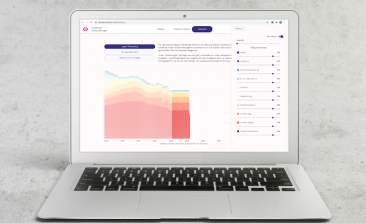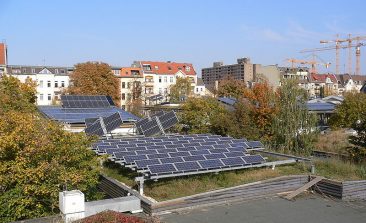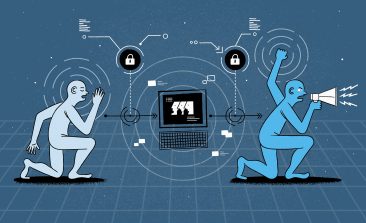Content to: Special Features Civic Tech
Civic Tech: Citizens Drive Environmental and Climate Protection with Public Data, Apps and Platforms
With citizen-owned digital tools, environmental data and government knowledge can become part of the common good and starting point for change.
Interview: How Can Citizens and Civil Society Use Civic Tech to Initiate Change?
What is civic tech and how can it facilitate political protest? Daniel Staemmler from Humboldt University Berlin answers these questions.
Can Civic Technology Help You Fix Your City from Your Smartphone?
All too often, living in a city can make you feel like a passive bystander. But new civic technology is aiming to make it easier than ever to get involved and have your voice heard.
What is Civic Tech?
Digital technologies offer the opportunity for more people to participate in research and policy, collect environmental data and create the pathways to demand climate action. This is what Civic Tech is all about. But what exactly is behind this term?
Interview: Cloud Service ClimateVisualizer Helps Local Communities Stay on Top of Carbon Emissions
Many states publish carbon emission figures, but what do they actually mean? ClimateVisualizer takes the data and shows our progress, as well as what else needs to be done.
Power to the People: How Can Civic Tech Help Create a Local Energy Revolution?
Civic technology helps communities put power into their own hands - quite literally. New open source technologies can provide powerful tools to those looking to set up local renewable energy grids.
How Sensors on Walls and Balconies Can Help Citizens Clean Up Air Pollution
The air in our cities is polluted. With sensors, citizens can collect measurements, allowing them to uncover sources and build up political pressure.
GlobaLeaks: Providing a Safe Space for Whistleblowers to Reveal Wrongs
Whistleblowing is never easy - and exposing the truth can mean unemployment, imprisonment or worse. GlobaLeaks provides safe and secure tools so whistleblowers can reveal dark commercial or governmental secrets with confidence.
KInsecta: A Census for Insects
How many insects fly around us? Which species are out and about in our gardens, meadows and cities? It’s not an easy question to answer. But in the future, the KInsecta project will make it possible for researchers and interested laypeople to easily collect and evaluate data on the local insect world.








